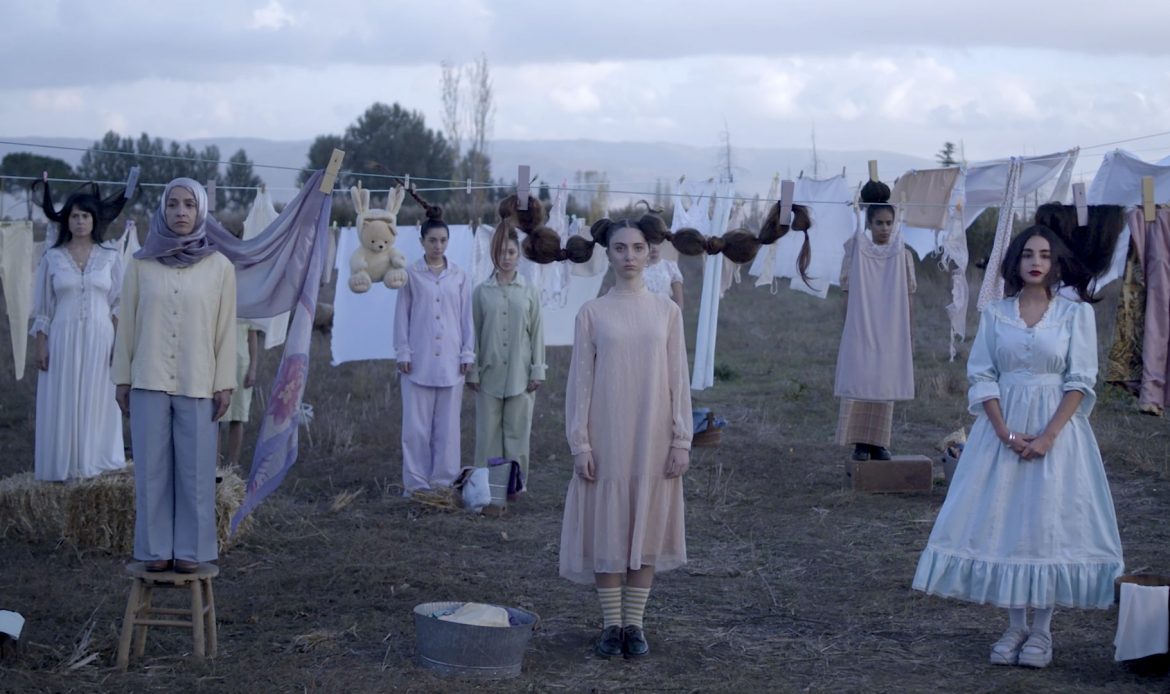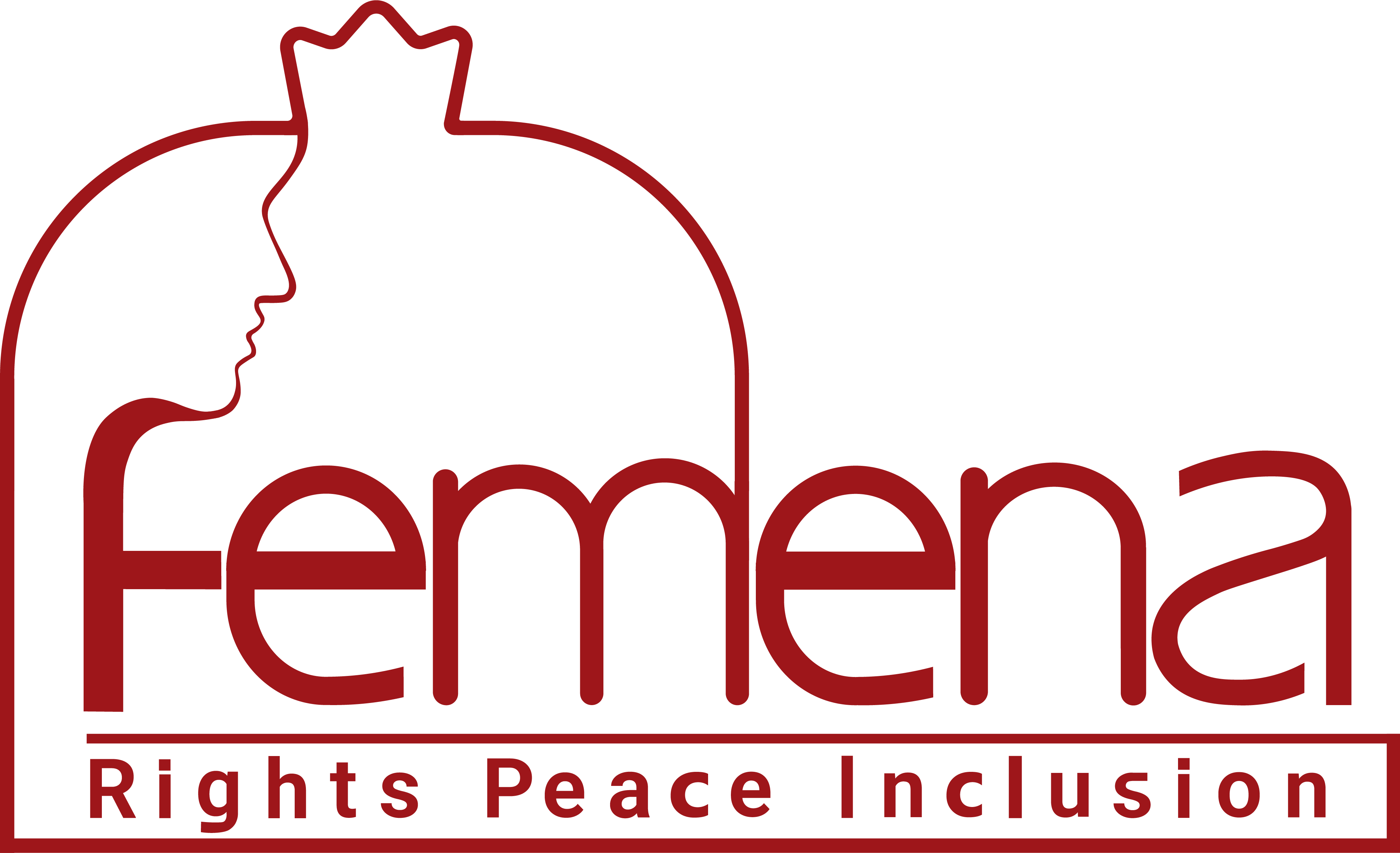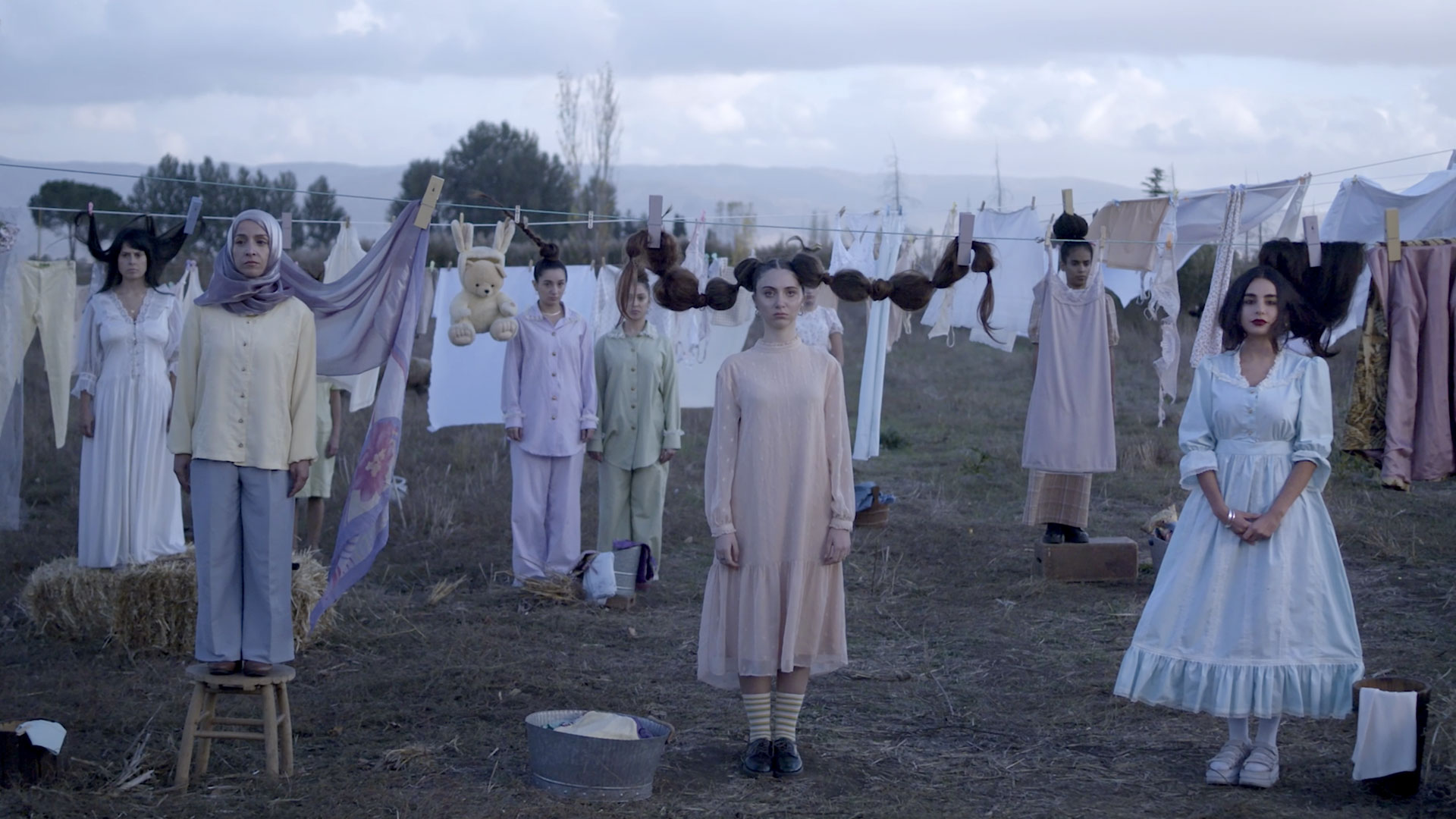
Source: PAX For Peace
Image: ABAAD
Over the last decade, young women have taken the lead in using online platforms to express dissent, disrupt traditional power structures, and organize campaigns for social and political change, such as #MeToo. However, there has also been a rapid expansion of misogynistic repression, patriarchal authoritarian surveillance and digital gender-based violence.
On March 7th, 2023, during the Commission on the Status of Women in New York, influential feminist peace activists from Sudan, Palestine, Lebanon, and Iraq discussed opportunities for online campaigning and organizing and threats stemming from the gendered ways in which women peace activists are targeted and repressed online.
Setting the stage
Karen Burbach, Head of the Taskforce for Women’s Rights and Gender Equality (WRGE) at Dutch MFA, highlighted in her opening remarks how the digital world provides opportunities but also risks for feminist peacebuilders. She spoke of the new risks of human rights violations in the online space and of steps toward new international policy frames to counter these risks. She described how the rise of cyber violence, digital surveillance and cyberbullying has restricted activism, with women and LGBTQI+ people specifically targeted due to their gender. Further compounded by increased criminalization under anti-cybercrime law in the MENA region. She highlighted the Resolution on violence against women, which passed in the First Committee of the UN General Assembly (2022), and provides language on countering the patriarchy by addressing gender stereotypes and harmful gender norms which result in gender inequality.
Double-edged online oppression: patriarchal apartheid
Moderator Hala al-Karib, Director of the Strategic Initiative for Horn of Africa Women (SIHA), focused the panel discussion on how the digitalization of society impacts the feminist movement in closed and heavily gender-unequal conservative societies, with substantial levels of women’s rights repression and violent conflict. Randa Siniora, director of the Women’s Centre for Legal Aid and Counselling (WCLAC), directly emphasized how Palestinian women suffer due to the intersectionality of colonial apartheid and patriarchal oppression. The issue is with the control exerted by the Israeli occupation, not with accessibility. Palestinian human rights defenders are labeled as “terrorists,” while the recently adopted Cybercrime law further criminalizes their activism. Palestinian women are victims of online violence daily, hampered by a lack of knowledge on how to use the online space safely, resulting in gender-based violence amounting to femicide. Conservative elements in society undertake smear campaigns, framing feminist activists as “Cedawiaat” (“CEDAW-followers”).
“It’s crucial that the online space continues to be reclaimed in a smart and digitally safe way in which feminist activists continue to call for the family bill and protection from gender-based violence. No change will happen without our action,; we need to reclaim this online space”.
– Randa Siniora (WCLAC)
Effective online campaigning
In Sudan, a powerful example of online organizing was provided by Hiba Abubaker, Programme Officer at SIHA, who led the Join the Committee campaign, which was started by young feminist activists after facing gender discrimination within the Resistance Committees that organized the Sudanese Revolution. Sudanese women activists continue to utilize social media to conduct impactful campaigns, but at the same time also face severe backlashes and new and different forms of violence connected to societal stigmas stemming from patriarchal gender norms. A data gap hindered rural women from joining the Joint Committee campaign online. Technology, on the one hand, creates opportunities for anonymity for perpetrators of gender-based online violence. At the same time, it creates opportunities to seek justice in which harassers are ousted in online spaces. As there is no legal framework to deal with life-threatening criminal activity targeting feminist activists.
“International actors need to work together to ensure that safe online spaces are created through legal frameworks, peacebuilding programming, digital skills training and effective policies. Ultimately, it’s crucial that women activists are equipped to access and utilize online spaces in a digitally safe & secure way”.
Anthony Keedi, Senior Masculinities Advisor at ABAAD, framed the digital space as a new site for activism as well as reactions to this activism, which became very political as it enables “power-with” dynamics. Resulting in a political response in which women’s voices needed to be controlled. The #MeToo campaign has shown that the Fourth Wave of feminism has the potential to build influence and momentum even more. Sadly, in the patriarchal societies we live in, women’s voices are silenced online just as much as they are in a physical space. But possibly worse. Men are more privileged and have greater online access, with a less effective legal framework. Misogynist comments are rife online. One key ask: we need companies and governments to hold men accountable when online spaces are abused.At the same time we must challenge ourselves to involve men in our feminist online campaigning.
“Oppression can feel like normal behaviour for men, due to dominant masculinities, when we haven’t worked with them. The current backlash against the progress of women, can be seen as an indication of the disruption that’s happening to the current gender inequality”.
Joining the panel online, an Iraqi woman activist said that the digital space has allowed women activists to mobilize, demand legal changes, and participate in political life. It has increased awareness. Online organizing has allowed Iraqi women activists to connect and campaign nationwide, including in the most patriarchal and gender-unequal areas. She described the rise of digital armies, in which digital backlashes have resulted in deadly attacks, through which colleagues were lost. The severity of the backlash led to direct silencing. For example, during recent campaigns against domestic violence, women activists were severely targeted. New repressive sanctions and guidelines which the Ministry of the Interior created have diminished freedoms. Activists lacked the knowledge and tools to digitally safeguard their accounts. Online activism led to activists fleeing their families, even the province. They bear social and economic burdens in the new place.
There is a lack of international attention to online repression and violence in Iraq. Many women candidates during the 2022 elections faced serious backlashes. Female candidates were subjected to defamation. They had to take untruthful, fabricated videos to other countries to prove their innocence. This is because in Iraq there are no specialized courts with sufficient experience to reveal these cases,. Also they consider such cases not of priority.
“Women’s rights activists have been organizing all through the 2011 and 2019 revolutions, and that is why I’m requesting the international actors, including the UN, to pressure the Iraqi authorities to adopt the necessary legal frameworks to protect women activists in online spaces and political arenas”.
Closing the event, Ghida Anani, Director of ABAAD, highlighted the digital dichotomy, as it provides a space to hold others accountable while allowing injustices to thrive. Digital platforms present a huge responsibility, as the threats and backlashes are serious and deadly, and we are continuously at risk of reaffirming stereotypical gender norms. What is out is simply out. When harm has been done, it is impossible to undo. Many vulnerabilities have been added to women, in which, yes, in one way, there is greater access to spaces and information, but at the same time, women are facing so many more mental health struggles.


